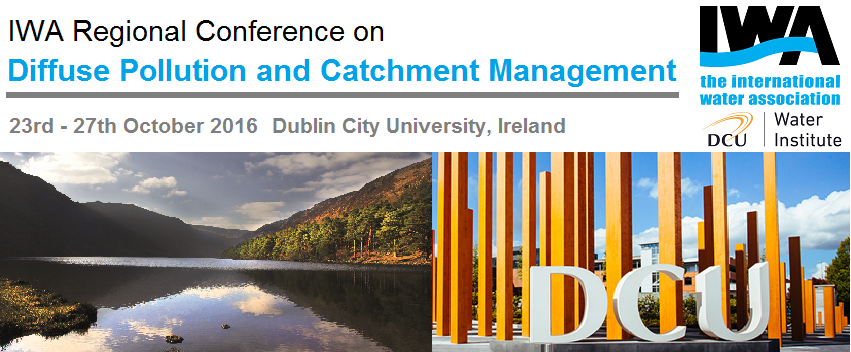Workshops
Although diffuse pollution is well understood by specialists working in the field, it is far less widely understood and its importance accepted, by governments, civil servants and indeed sometimes by leaders in environmental agencies too. But if effective action is to be taken by the sectors involved in this global issue (farming, urbanisation, forestry including conversion of natural forest cover to industrial crops, and industrial and commercial development of all kinds) fresh impetus is need from leaders at the highest levels. A clearer picture of the nature and extent of the problem is a pre-requisite for the political will to adequately resource monitoring and investigation, and most importantly to drive remedial and prevention actions. Administrative creativity is required and a will to get around ‘silo’ thinking and achieve integrated outputs.
This Workshop will explore how best to achieve that outcome, to refine target readership for an impacts report, and to develop ideas for the scope and priority content of such a report.
3 presentations will start the Workshop and be followed by an open discussion, drawing out ideas and options for involvement and support:
1. Introduction – The IWA Land Use & Water Quality Task Group- Dr Brian J D’Arcy
2. An example high level impacts national case study- Fiona Napier
3.
The importance of diffuse sources of faecal
indicators in the water environment – a review and pollutant case study - Prof. David Kay
The role of behavioural economics in resource management and pricing is increasingly recognised, although water remains much less studied. This session will explore how behavioural biases inherent in consumers affect the management of water resources and the acceptance of water pricing. Parallels will be drawn with energy and agriculture. The session will explore how and why there is a gap between consumers’ knowledge, values, attitudes and intentions, and actual observable behaviour in relation to water. With both European and US voices on the panel, differences in culture and stances on water management practice between the two jurisdictions will be explored.
Invasive Alien Species and Managing Biosecurity in the Workplace - Tuesday 25th October
Attendees are requested to complete the survery below.
https://docs.google.com/forms/d/e/1FAIpQLSfeD4ELXJ0n1V9_mwII_qJliQ6C9UrxnLNvF-bxSwOXPq3oOQ/view
This survey consists of 9 short questions, which will take you no more than 2 minutes to complete. The purpose of the survey is to establish how much awareness of Invasive Alien Species and Biosecurity exists amongst Water Professionals. We would greatly appreciate your help in filling out this form. This survey will contribute to a research project on the prevention, control and eradication of Invasive alien species, which is being run by the Institute of Technology, Sligo, Queen's University, Belfast and INVAS Biosecurity and is funded by the Environmental Protection Agency. All data gathered in this survey will be treated confidentially. No personal information will be passed on to a third party.
Are you looking for concrete solutions regarding sustainable water management?


